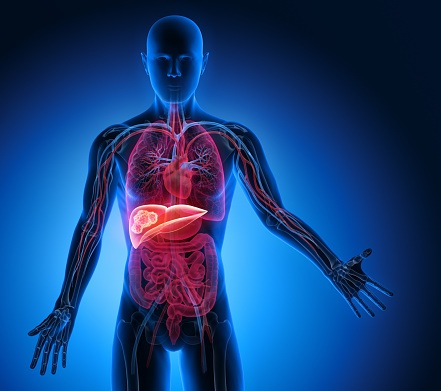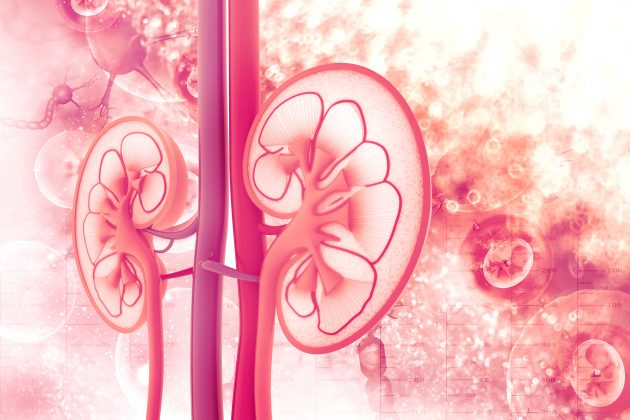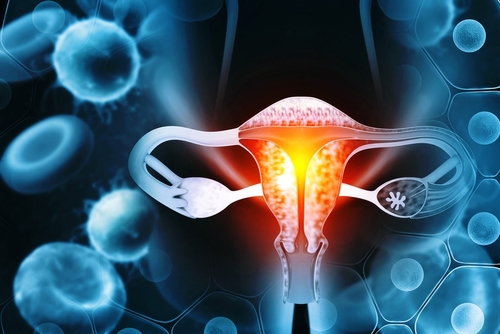Patients with cirrhosis may develop hepatorenal syndrome type 1 (HRS-1), a severe but reversible acute kidney injury. Patients with HRS-1 who require renal replacement therapy (RRT) are at risk for prolonged intensive care unit stays and mortality. Results of the CONFIRM study (NCT02770716), a randomized, placebo-controlled trial of terlipressin, demonstrated the efficacy of terlipressin for inducing reversal of HRS-1 and reducing the cumulative need for RRT.
Juan Carolos Q. Velez, MD, and colleagues conducted a study to examine whether terlipressin reduces the rate of RRT following liver transplantation. Results of the current study were reported during a virtual poster session at ASN Kidney Week 2020 in a poster titled Treatment of Hepatorenal Syndrome Type 1 with Terlipressin Reduces Need for Renal Replacement Therapy after Liver Transplantation.
The CONFRIM trial was conducted in North America and included 300 participants. The trial was designed to compare HRS-1 reversal rates between treated patients 2:1 with albumin plus terlipressin (n=199) or albumin plus placebo (n=101). Dr. Velez and colleagues conducted a post hoc analysis of data from CONFIRM to examine the rate of renal replacement therapy following liver transplantation by intention-to-treat analysis through 90 days of follow-up. The researchers also conducted a poled analysis of three phase 3 randomized controlled trials of terlipressin in HRS-1 (OT-0401 [NCT00089570], REVERSE [NCT01143246], and CONFIRM) to examine 90-day overall and RTT-free survival rates in patients who underwent liver transplantation.
Of the 199 patients in the terlipressin group in the CONFIRM trial, 46 (23.1%) underwent liver transplant. In the placebo group, 29 of the 101 patients (28.7%) underwent liver transplantation. Following liver transplantation, the rate of post-operative renal replacement therapy in patients in the terlipressin group was significantly lower than in patients in the placebo group (19.6% [9/46] vs 44.8% [13/29], respectively; P=.036). The overall survival rate among liver transplant recipients in the terlipressin group was 100% (46/46) compared with 93.1% (27.29) in the placebo group. The difference was not statistically significant.
In the pooled analysis of data from the three phase 3 studies, the 90-day survival rates were 98.9% (93.94) and 91.0% (7.178) in the terlipressin group and the placebo group, respectively (P=.014). In pooled analyses of data from REVERSE and CONFIRM, for transplant-listed patients, 50.0% of the terlipressin group were alive without RRT at day 90, compared with 32.2% (19/59) of patients in the placebo group (P=.032).
In conclusion, the researchers said, “Treatment with terlipressin added to albumin for patients with HRS-1 significantly decreased the need for RRT following liver transplantation.”
Credit: Original article published here.









